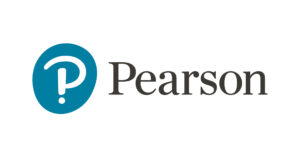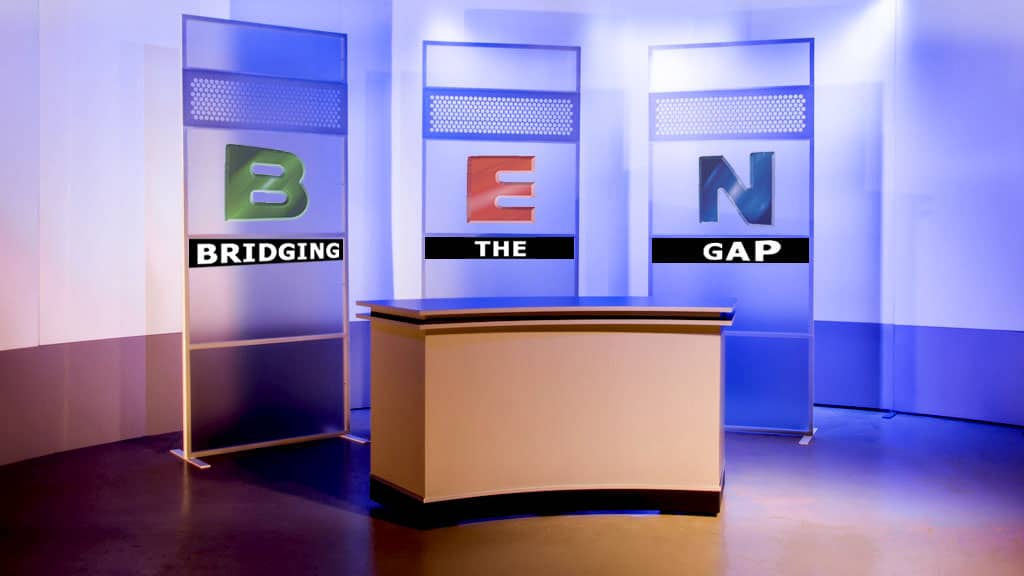New guidelines help to advance more diverse, equitable and inclusive learning experiences

(PRNewsfoto/Pearson Education, Inc.)
LONDON, 1 March – Pearson today
The guidelines will inform Pearson’s broader Global Editorial Policy that will be re-released later this year with enhanced standards for content relating to race, ethnicity, gender, sexual orientation, social class, religion and disability. Training on the guidelines is being rolled out globally to Pearson employees over the next 12 months.
Specifically, the guidelines identify five main challenges that are commonly highlighted in academic sources including: underrepresentation of minorities, exaggerated negative associations, limited positive associations, missing stories, and the idea that disadvantages are personal, rather than systemic. The guidelines provide examples of each challenge and recommended solutions to guide Pearson content producers.
The guidelines were created by members of Pearson’s
“2020 was a year of enormous change and action across the world when it comes to race and ethnic equality. It has highlighted the need for action to address systemic inequality that people from diverse backgrounds face every day,” said Ebrahim Matthews, Senior Vice
“The guidelines produced represent a cultural shift in publishing that attempts to center race and racial equality at its core,” said Dr. Arday. “Pearson’s commitment to changing the racialized dynamics of publishing and the contents of its books, speaks to a boarder need for the educational publishing industry to disrupt how bodies of knowledge are presented with regards to texts and learning resources. This organisational commitment reflects Pearson’s attempts to engage with an anti-racist approach that embraces a global and diverse international readership and consumer base.”
Similar guidelines for content relating to gender, LGBTQ+ and disability from Pearson employee resource groups will inform the Global Editorial Policy and advance Pearson’s commitment to being a fully inclusive and diverse organisation that reflects the communities it serves. Pearson also recently announced the appointment of Dr. Florida Starks as chief diversity officer to lead a cross-functional, company wide effort to advance DEI initiatives.
In another step to identify any existing bias in Pearson content or services, and to facilitate better communication with students, instructors, customers, and the public, the company created a web portal to welcome potential instances of bias. The portal can be found here. The portal was built after being recommended by the Pearson DEI Task Force and students and faculty.
Pearson has recently remediated instances of biased terminology and imagery in courseware based on student feedback. One example is the use of the term “Master/Slave,” commonly used in engineering and computer science fields. Pearson is now leading the industry in removing the terminology from hundreds of titles. The company has started an effort to work with engineering and computer science organisations to stop the use of the terminology in other contexts. In addition, Pearson has reviewed 100 of its top titles to find instances of bias. Remediation efforts are underway.
You can read about Pearson’s plan to pursue an anti-racist agenda, fight systemic racism, and create equity and opportunity through education here.
—————————————————————————————————————————————
Your help to our media platform will support the delivery of the independent journalism and broadcast the world needs. Support us by making any contribution. Your donation and support allows us to be completely focus, deeply investigative and independent. It also affords us the opportunity to produce more programmes online which is a platform universally utilised.
Thank you.
Please click link to make – DONATION










